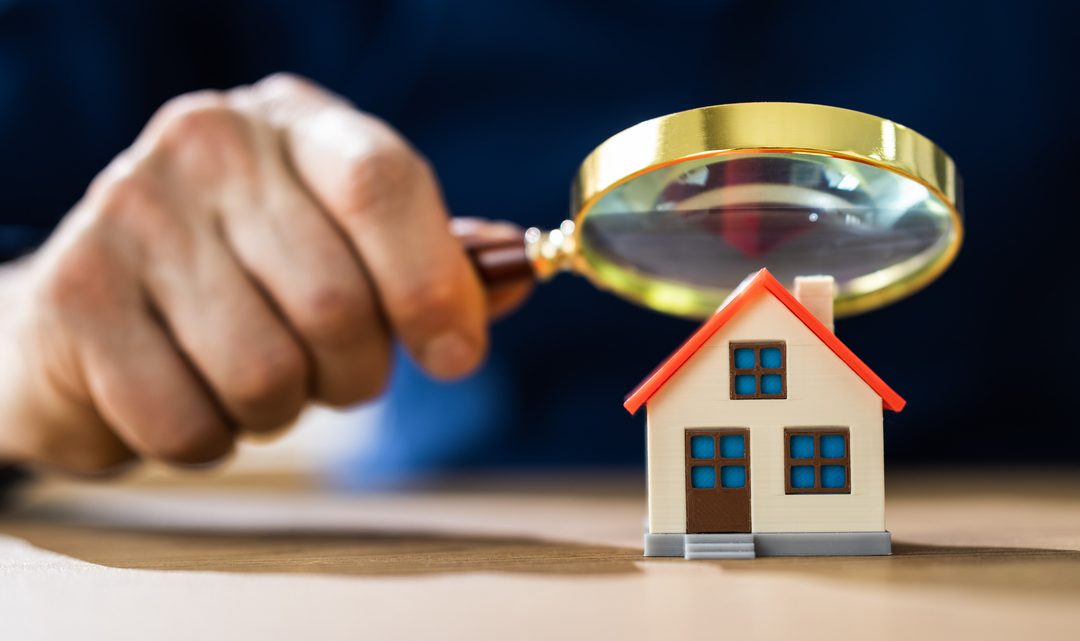As a landlord, ensuring the safety, habitability, and proper maintenance of your rental properties is not only a matter of good practice but also a legal responsibility. Regular, periodic property inspections play a crucial role in fulfilling these obligations while also protecting your investment. This third article in the series designed to educate the reader on common mistakes landlords make and solutions to avoid them discusses how the importance of conducting regular property inspections is of paramount importance for landlords.
Maintenance and Safety Compliance: Regular property inspections allow landlords to identify any maintenance issues or safety hazards promptly. From leaky faucets to faulty electrical wiring, addressing these issues early can prevent them from escalating into more significant problems that could compromise the safety and well-being of tenants. Moreover, addressing maintenance concerns in a timely manner helps landlords stay in compliance with local housing codes and regulations, reducing the risk of fines or legal liabilities.
Preserving Property Value: Rental properties are significant investments, and regular inspections are essential for preserving their value over time. Identifying and addressing minor maintenance issues before they become major problems can help landlords avoid costly repairs and maintain the overall condition of the property. Additionally, proactive maintenance can enhance the property’s appeal to prospective tenants, allowing landlords to command higher rents and attract quality tenants.
Tenant Relations and Satisfaction: Conducting regular property inspections demonstrates to tenants that their landlord is proactive and committed to maintaining a safe and habitable living environment. It provides an opportunity for landlords to address any concerns or issues raised by tenants promptly, fostering positive tenant relations and satisfaction. By showing that their well-being is a priority, landlords can increase tenant retention rates and reduce turnover, ultimately saving time and resources associated with finding new tenants.
Early Detection of Lease Violations: Property inspections allow landlords to ensure that tenants are complying with the terms of the lease agreement. This includes adhering to rules regarding property upkeep, noise levels, pet policies, unauthorized occupants and more. By detecting lease violations early, landlords can take appropriate action to remedy the situation and enforce lease terms, preventing potential conflicts or legal disputes with tenants down the line.
Documentation and Legal Protection: Regular property inspections provide landlords with documented evidence of the condition of the rental property at various points in time. This documentation can be invaluable in the event of disputes or litigation with tenants, serving as proof of the property’s condition and any maintenance or repairs conducted. It can also help landlords demonstrate compliance with their legal obligations and defend against false claims or allegations made by tenants.
In conclusion, regular property inspections are not only a best practice for landlords but also a legal imperative. By conducting inspections on a periodic basis, landlords can ensure compliance with safety and maintenance standards, preserve property value, foster positive tenant relations, detect lease violations early, and protect themselves legally. Inspections are an investment of time and effort that pays dividends in the form of a well-maintained property, satisfied tenants, and reduced legal risks.
